|
|
|
Книги Brotton Jerry

|
Throughout history, maps have been fundamental in shaping our view of the world, and our place in it. But far from being purely scientific objects, maps of the world are unavoidably ideological and subjective, intimately bound up with the systems of power and authority of particular times and places. Mapmakers do not simply represent the world, they construct it out of the ideas of their age. In this scintillating book, Jerry Brotton examines the significance of 12 maps — from the almost mystical representations of ancient history to the satellite-derived imagery of today. He vividly recreates the environments and circumstances in which each of the maps was made, showing how each conveys a highly individual view of the world. Brotton shows how each of his maps both influenced and reflected contemporary events and how, by reading it, we can better understand the worlds that produced it. Although the way we map our surroundings is changing, Brotton argues that maps today are no more definitive or objective than they have ever been, but that they continue to define, shape and recreate the world. Readers of this book will never look at a map in quite the same way again. |

|
The world's most fascinating maps explored and explained. Great Maps takes you on a journey through the history of maps, from ancient maps such as medieval mappa mundi to Google Earth. Each map provides a window into the age in which it was created and the world view at the time, as well as showing you what was known and unknown by people of the period. Great Maps includes over 55 maps from all around the world, from the first mercator atlas to the latest world maps, visually analysing each one with the help of graphic close-ups. You'll discover the story behind each map, why it was created, who it was for and how it was achieved and uncover how maps draw together navigation, propaganda, power, art and politics. You'll also be able to explore a fascinating overview of cartography through the ages and profiles of key cartographers and explorers, such as Juan de la Cosa, who created the beautiful maps that remain with us today. Great Maps is perfect for map lovers, students and armchair explorers of all ages. |

|
More than ever before, the Renaissance stands as one of the defining moments in world history. Between 1400 and 1600, European perceptions of society, culture, politics and even humanity itself emerged in ways that continue to affect not only Europe but the entire world. This wide-ranging exploration of the Renaissance sees the period as a time of unprecedented intellectual excitement and cultural experimentation and interaction on a global scale, alongside a darker side of religion, intolerance, slavery, and massive inequality of wealth and status. It guides the reader through the key issues that defined the period, from its art, architecture, and literature, to advancements in the fields of science, trade, and travel. In its incisive account of the complexities of the political and religious upheavals of the period, the book argues that Europe's reciprocal relationship with its eastern neighbours offers us a timely perspective on the Renaissance that still has much to teach us today. |
|